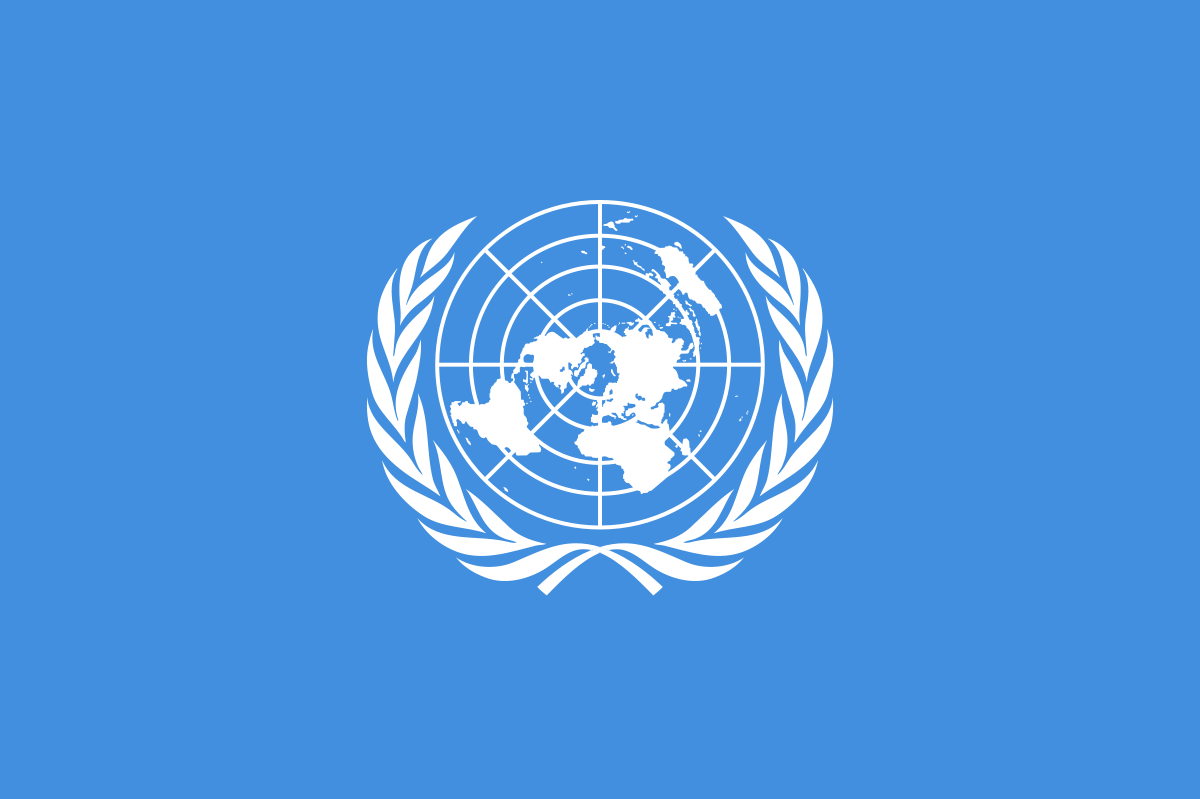The United Nations has hailed Zimbabwe for posting successes in reducing transmission of the HIV virus that causes Aids from mothers to babies. The UN Programme on HIV/Aids (UNAids) placed Zimbabwe on number three out of 23 focus countries in the sub-region frantically moving to eliminate the transmission of HIV from mother to child.
Zimbabwe was closely trailing South Africa and Namibia that bothreached 95 percent of children who were tested for the disease within the required period. Around 1,2 million Zimbabweans are living with HIV, according to the UN. At least 740 000 of them are women.
If left untreated, the chances of a mother passing HIV to her unborn child is high.
But Zimbabwe was hailed for putting most expecting mothers on anti-retroviral drugs after testing positive, with many of them sticking with the treatment, and their babies avoiding contracting thE virus.
HIV testing has been compulsory for pregnant women in Zimbabwe registering for antenatal care in public hospitals as part of the government’s prevention of mother-to-child transmission programme.
HIV treatment is now nomcinally free for all Zimbabweans who need it. Zimbabwe’s success was touted by the UN agency as demonstrating that universal access and universal health coverage was feasible and indeed are the key to success, even against challenges as daunting as HIV.
Government considers its fight against HIV as a major achievement
since, with successes in offering women early access to prenatal care, HIV testing, and treatment for mothers who test positive.
Zimbabwe, through donor funding is on course to achieve the 90-90-90 strategy whose goal is to ensure that by 2020, 90 percent of people who are HIV infected will be diagnosed, 90 percent of people who are diagnosed will be on antiretroviral treatment and 90 percent of those who receive antiretrovirals will be virally suppressed.
A UN report said “antiretroviral therapy for the prevention of mother
to child transmission greatly reduced new HIV infections among
children” and said many “new child infections have been averted.
UNAids said early infant diagnosis, which entails testing infants of
women living with HIV within two months of birth was crucial as this
helps those who are infected take necessary measures before it’s too late.
“At the same time, HIV disease progression among prenatally infected infants is much faster than among adults. Without treatment, up to 50 percent of children born with HIV will die before their second birthday, with peak mortality at two or three months of age (12–14),”
the report read. Zimbabwe’s infant mortality declined from 67 deaths per 1 000 children in 2002 to 64 deaths in 2012 and saw a further decline to 52 deaths in 2017. HIV reportedly accounts for 21 percent of all child mortality deaths.






